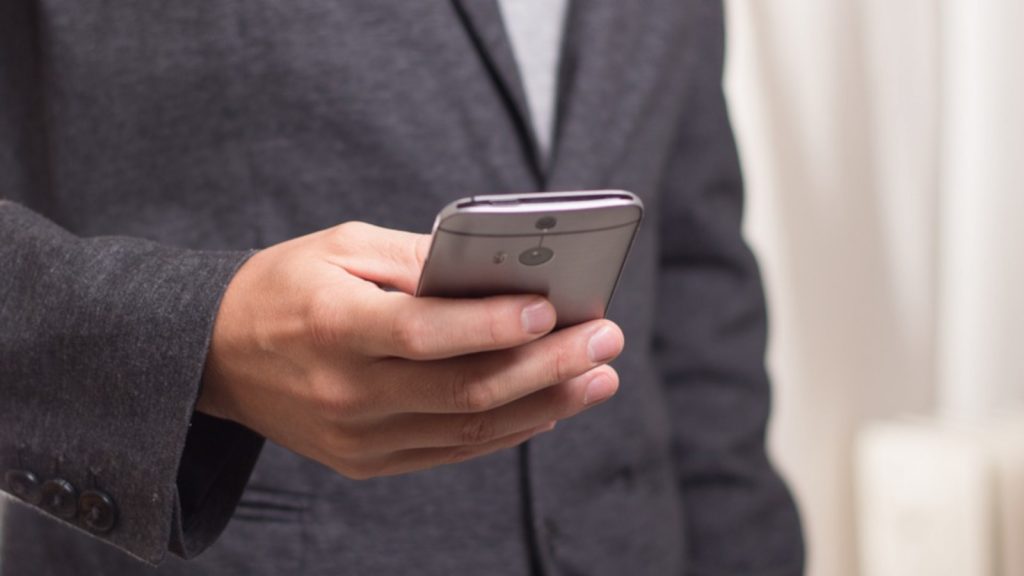We all have them. Those apps we open without thinking. Not because we need anything in particular, but because they feel… safe, in some…
Egyptian telecom optimisation app Raseedi raises $400k [Updated]

Cairo-based telecom optimisation app Raseedi has raised $400 000, in a seed round led by 500 Startups, EFG-EV Fintech and Falak Startups.
Raseedi helps dual SIM users manage their telecom spend. When a user dials a phone number from their cellphone, the Android app, which is embedded within the dialer, automatically selects the SIM with the cheapest call rate over which to place the call.
The app, which the startup claims has been downloaded over 200 000 times, also calculates a user’s monthly consumption.
It then provides users with a tariff adviser to help them choose the best bundles. It also informs users of the latest offers from telecom operators that it supports, namely Vodafone, Etisalat, Orange and WE.
Raseedi was founded in 2018 by Ahmed Atalla and Samuel Abd El Malak
The startup was founded last year by Samuel Abd El Malak and Ahmed Atalla — who in 2016 and 2017 worked for mobile network operator Vodafone’s marketing team. It currently employs a team of 14 people.
Atalla, who is also Raseedi’s CEO, told Ventureburn the round was closed this month.
He explained that Raseedi will use the investment to launch direct recharge within the app which he said will automate the whole recharging process from payment, to optimisation to dual SIM selection for calls.
He added that the startup has plans to expand to other sectors other than telecoms.
Atalla said the app on average saves users between 20% and 30% of their monthly spend with about four million calls being made through the app every month.
Raseedi’s business model, he explained, is “a little bit un-traditional” as the company makes money when users save, not when they spend.
“We get a small portion of the savings we offer users, let’s say we save you 20 Egyptian Pounds ($1.24) we’ll take 2 Egyptian Pounds ($0.12). So you still save a good 18 Egyptian Pounds ($1.11) as a user.
“In addition to that we get revenue share margins from recharge top up aggregators,” said Atalla.
Partnership with handset manufacturer
He pointed out that the app currently doesn’t have any partnerships with telecom operators.
“However our consumption analysis will help them later design better market suited packages for users, and this is when we will collaborate,” he said.
Raseedi’s partners currently include recharge and top-up aggregators as well as a handset manufacturer, which Atal;la didn’t name, which he said will pre-install the Raseedi app in all the devices it produces.
“As we get into other categories other partners will be more relevant like financing institutions,” he said.
‘Expansion to other markets will be easy’
Raseedi is focusing on perfecting its model in Egypt before it expands to other markets, which Atalla reckons “should be easy” since Raseedi is a “zero on-ground operation startup”.
“Scaling across other markets with high duality like Nigeria and Malaysia will be a mere language and market adaptation.” he added.
Atalla said business over the last 12 months has been “great”.
He explained that Raseedi has been able to lock down partnerships that will allow the startup to reach every kiosk and recharge or topup outlet.
“In terms of acquisition we’ve been acquiring users at one of the lowest cost of downloads in the region. And we’re confident of the great team we have built so far. And finally the investment marks the cherry on top,” said Atalla.
*UPDATE 3 December 2019. Editor’s note: The article has been updated to include comments from Raseedi CEO Ahmed Atalla on what the startup will use the funding for as well as other details of its operations.
Featured image: niekverlaan via Pixabay


